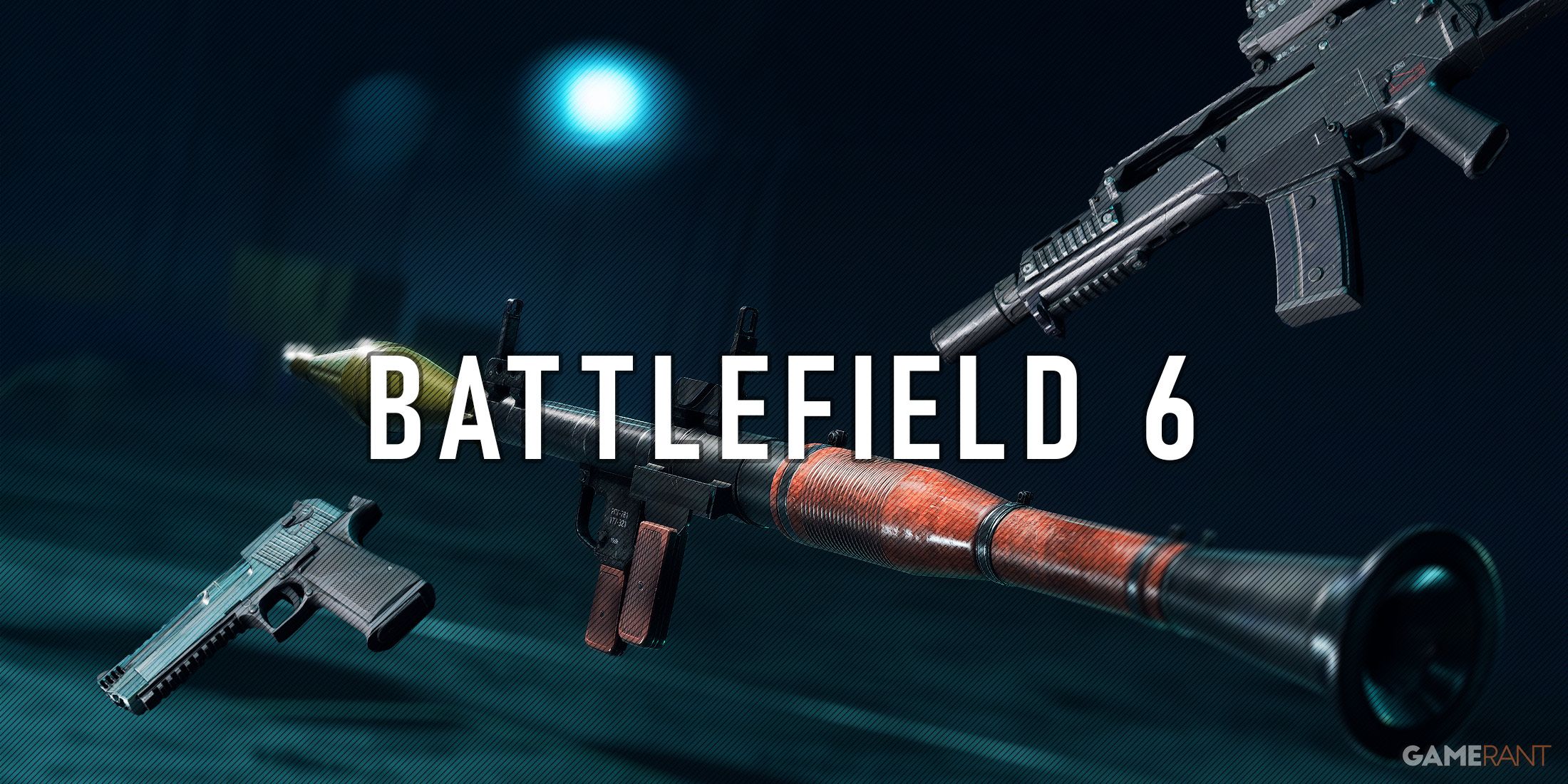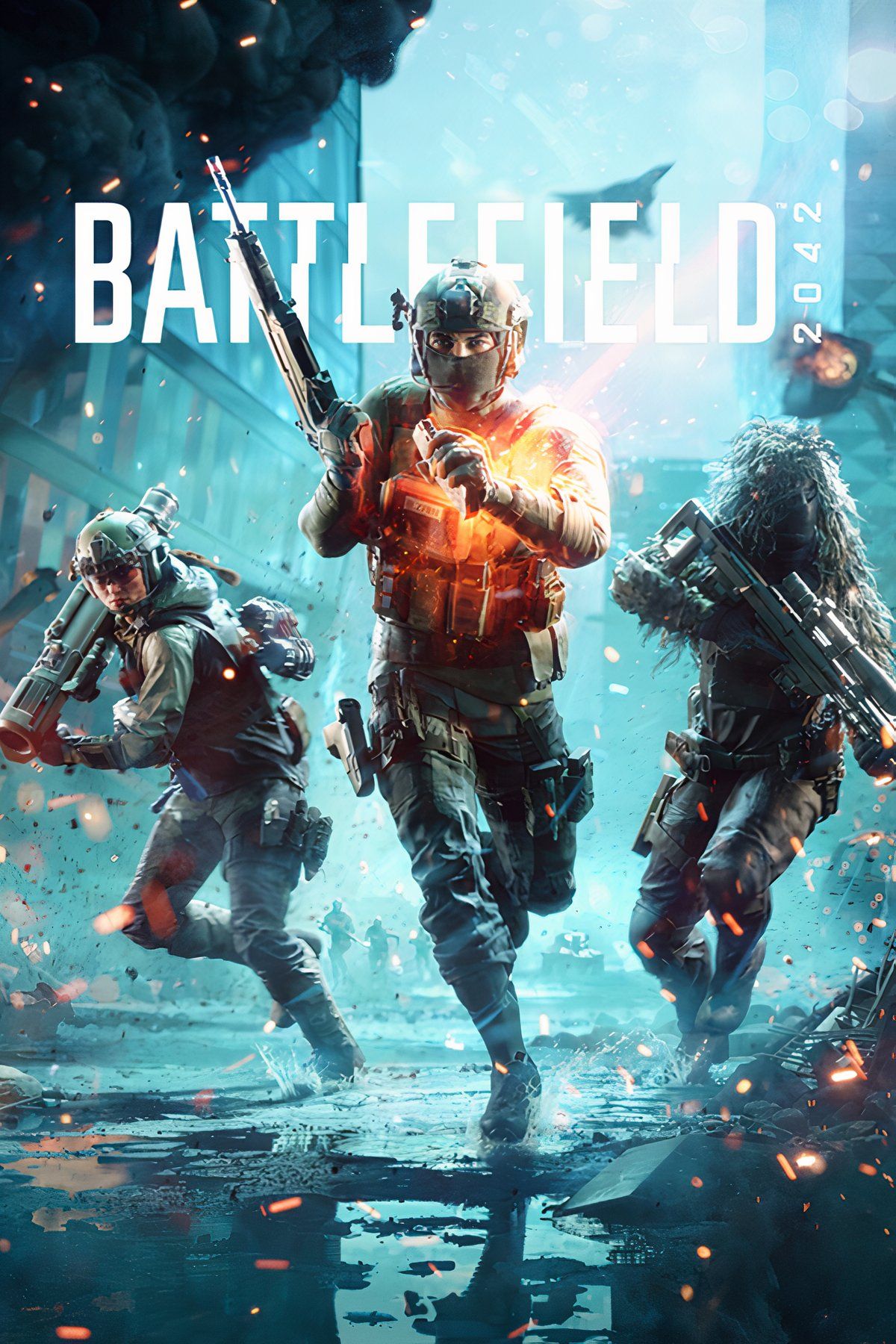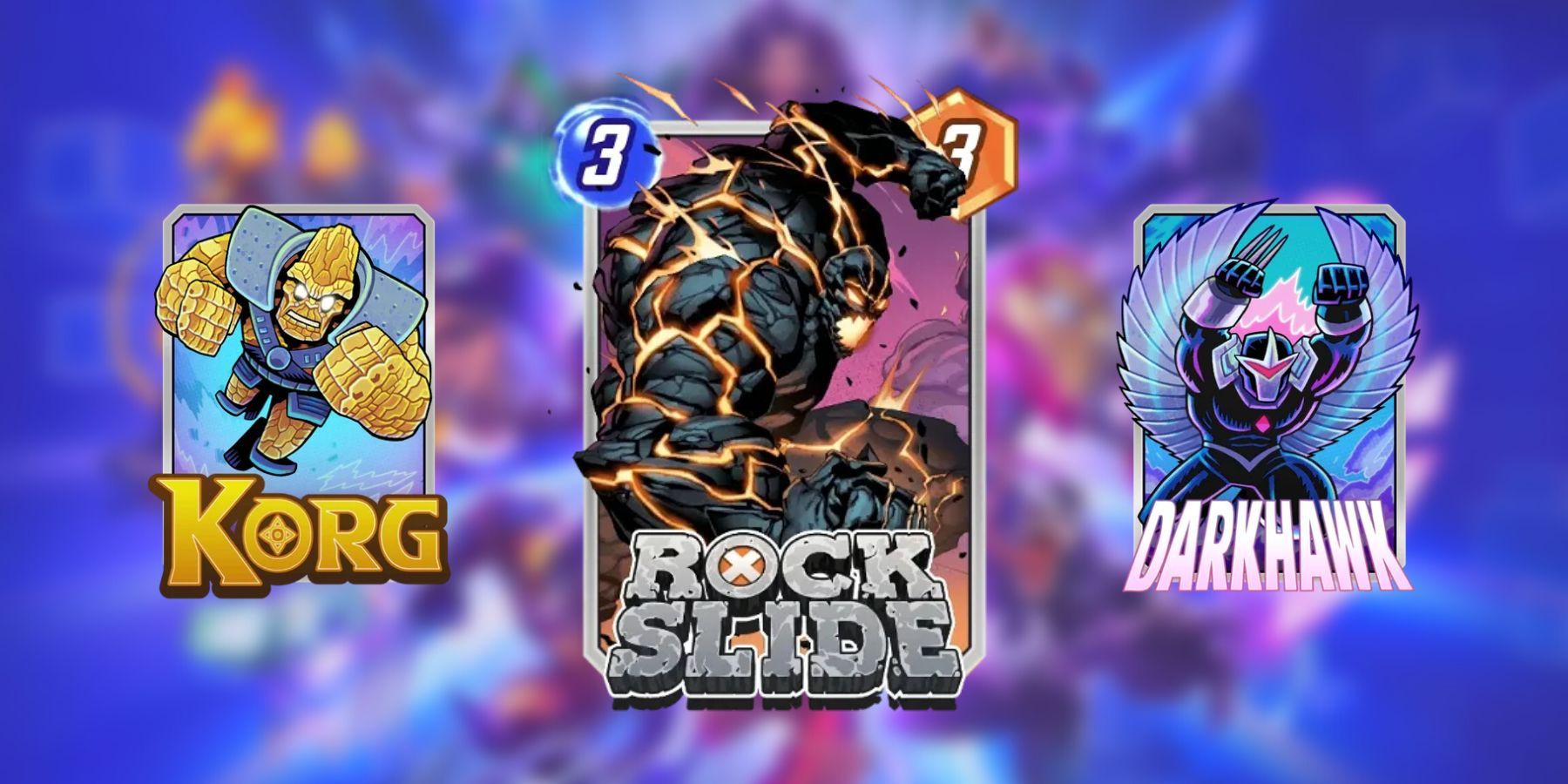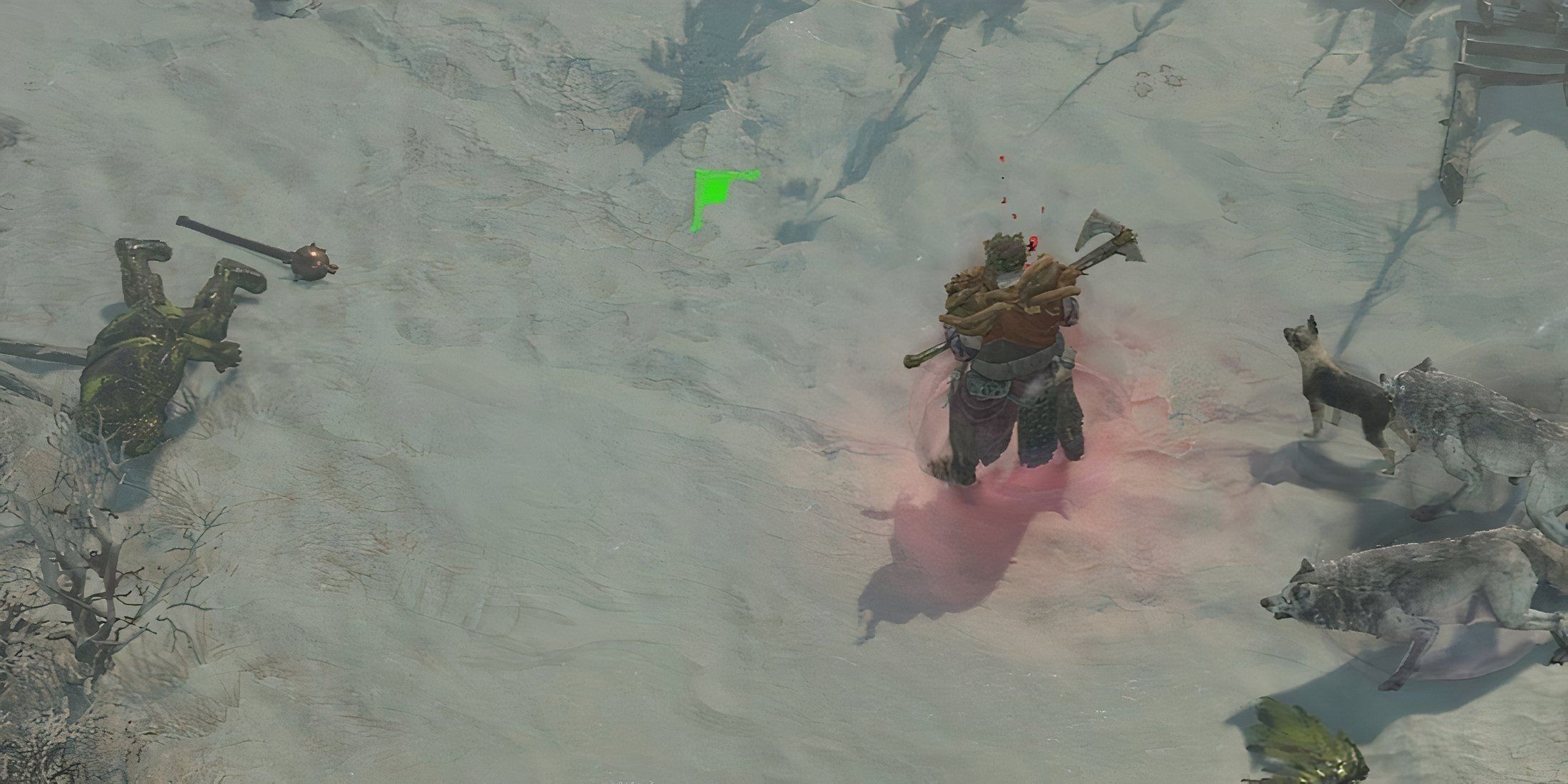The Battlefield franchise has been suffering from a bit of an identity crisis over the last few years. While Battlefield V seemed like it would be another grounded history-based entry in a similar vein to the successful Battlefield 1, it made a few creative decisions that broke the immersion for some fans. Battlefield 2042 decided to adopt a futuristic setting, and introduced a number of features that fans didn’t feel were in keeping with the series’ identity, such as the Specialist system. So, for Battlefield 6, many fans just want a return to basics.
But that approach often seems much better on paper than in reality. The shooter landscape has changed quite a bit since Battlefield 3 and 4‘s early 2010s launches, and fans of the genre have come to expect certain features from flagship titles. One such feature is an expansive loadout customization mechanic, and Battlefield 6 might be best off just borrowing a page from Call of Duty‘s playbook in this area.
Related
The Case For Battlefield 6 to Revisit a Forgotten BF3 Feature
Battlefield 6 is said to be a return to the series’ roots, and there’s one lesser-known Battlefield 3 feature that deserves to another shot.
Battlefield 6 Should Borrow Call of Duty’s Weapon Customization
Call of Duty’s Gunsmith System Has Changed The Weapon Customization Game For Good
2015’s Call of Duty: Black Ops 3 was the first to introduce the now-iconic Gunsmith system to the shooter franchise. This debut version of Gunsmith laid the groundwork for every subsequent iteration, but it was fairly simplistic. Players were given one Optic slot and five Attachment slots. These Attachment slots could be filled with a range of upgrades, such as FMJ, Fast Mags, a Quickdraw grip, and Suppressor, all depending on the class of weapon the player was customizing.
2019’s Call of Duty: Modern Warfare took these building blocks and used them to create the system that fans know and love today. Rather than give players five Attachment slots overall that can be used for a variety of add-ons, Modern Warfare‘s Gunsmith gave players around 9 different slots to customize, each one based on a specific weapon component such as Rear Grip, Muzzle, Optic, Underbarrel, and Ammunition. Each component had a range of different attachments to choose from, and players could equip a total of five attachments at once.
Call of Duty: Modern Warfare‘s version of Gunsmith was then used in Black Ops Cold War and Vanguard. But Call of Duty: Modern Warfare 2 brought a few new features to Gunsmith, the biggest of which was the Weapon Platform mechanic, whereby players would unlock attachments that can be used for all weapons that belong to the same family, such as the M16 and M4. Weapon Tuning was also added, which allowed players to tweak the stats of each individual attachment.
Call of Duty: Modern Warfare 2‘s expanded Gunsmith system proved to be a little too complex for its own good, however, and Call of Duty: Black Ops 6 has since paired back the system to simply feature individual weapon slots again. But even with this paired back version, Call of Duty‘s Gunsmith sets the gold standard for weapon customization in multiplayer shooters, allowing players near-limitless freedom to create their own unique weapon, and fueling that all-important sense of constant progression.
Battlefield 6 Should Feature Its Own Gunsmith-Like System
Battlefield has experimented with a variety of weapon customization systems over the years, the most recent of which was Battlefield 2042‘s “Plus” system. Plus allowed players to swap weapon attachments on the fly, using the D-Pad to cycle through add-ons in the heat of combat. This system gave players the freedom to swap their loadout to match the combat scenario they found themselves in, such as putting a long-range scope on an assault rifle to fire from a distance.
While Battlefield 2042‘s Plus system was one of the game’s few worthwhile additions, some fans would prefer a more traditional weapon customization system, where players need to create their loadout pre-match. If Battlefield 6 wants to be a return to basics, then borrowing Call of Duty‘s Gunsmith system might be the best way to achieve a middle-ground between tradition and evolution.

/cdn.vox-cdn.com/uploads/chorus_asset/file/25782636/247422_ChatGPT_anniversary_CVirginia.jpg)







